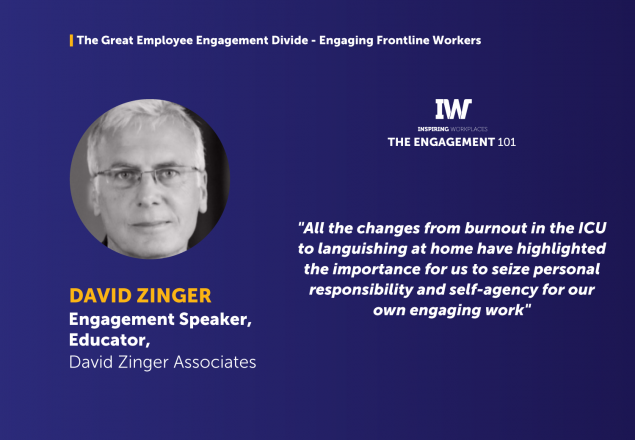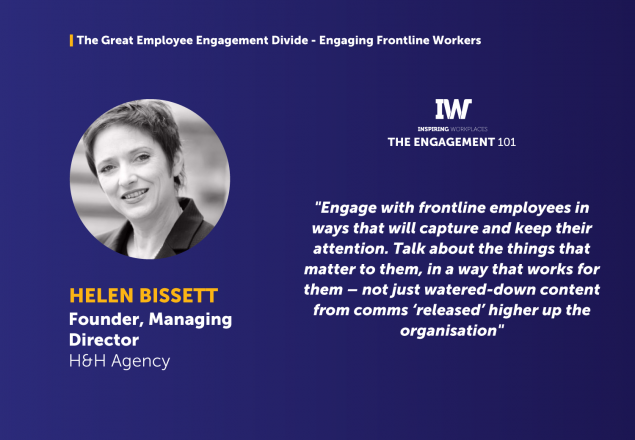
20th November 2024
Embracing the Future: Redefining Work-Life Balance with Less Work

The traditional work culture is evolving into a new social contract where employees prioritize balance and meaning over long hours and rigid loyalty. Workers are increasingly seeking flexible locations, shorter work hours, and diversified income streams, reflecting a future of “less work.” This shift challenges employers to offer careers that align with personal fulfillment and sustainable practices, or risk losing talent.
This article was written by Nirit Cohen and published in Forbes.
For decades, work was governed by an unspoken social contract. Employees would trade their time, loyalty, and often large chunks of their personal lives for financial stability and upward mobility. The classic metrics of success—long hours, climbing the corporate ladder, and devotion to a single employer—were considered badges of honor. But today, that contract is being rewritten. The signs are everywhere: people are challenging the very foundation of what work should be, rejecting the notion that more time spent equals greater success. Instead, workers are pushing for a new arrangement—one that reflects a future of less work.
The conversation around flexibility in work has surged in recent years, especially as hybrid work models and return-to-office policies became battlegrounds post-Covid. But the truth is, the demand for changes in the way we work has been brewing for much longer. Long before the world was forced into remote work, smaller trends had already begun chipping away at the traditional 9-to-5 model, pushing us toward a new social contract between workers and employers.
The ‘Where’: Redefining the Workplace
Over time, as work stopped being a place you go to and became something you do, people realized they could “do” work from more than just their office desk. Before we had terms like quiet vacationing, workers with the freedom to take their jobs anywhere began to upend the notion that work had to be confined to an office. Wireless technology, the cloud, mobile phones, and reliable laptops made working while traveling a viable option for many professionals who wanted to blend work and leisure in ways that were once unheard of. Some took workations, combining vacation with work, while digital nomads chose to live this way permanently, showcasing how employees no longer needed to be tethered to a physical location to be productive. According to The MBO Partners 2024 State of Independence report 11% of U.S. workers currently describe themselves as digital nomads, a growth of more than 147% since 2019.
The ‘How Much’: Recalibrating Work
Another clear sign of the the Future of Less Work is the shift in how people perceive hard work. The traditional badge of honor—working long hours and being constantly available—is rapidly losing its shine. Movements like quiet quitting and anti-hustle culture are direct responses to the burnout and disillusionment that many workers feel after years of overcommitment. Today, employees are setting boundaries, refusing to go above and beyond without fair compensation, and focusing on achieving balance in their lives rather than sacrificing themselves for their careers.
In parallel, movements like FIRE (Financial Independence, Retire Early) signal a desire to limit the amount of time spent in traditional work altogether. FIRE advocates focus on aggressive saving and investment strategies, aiming to reclaim control over their time and choices much earlier than the traditional retirement age. This drive for a new social contract around work is echoed in broader cultural shifts. Hashtags like #WorkLessLiveMore, #ActYourWage, and #RestIsProductive have gained traction, signaling a widespread desire for more balance and intentional living. These digital conversations reflect a rethinking of success in today’s world, with people moving away from the “always-on” mentality and advocating for healthier approaches to both work and life.
To read this article in full click here: Forget Work-Life Balance. It’s The Future Of Less Work






